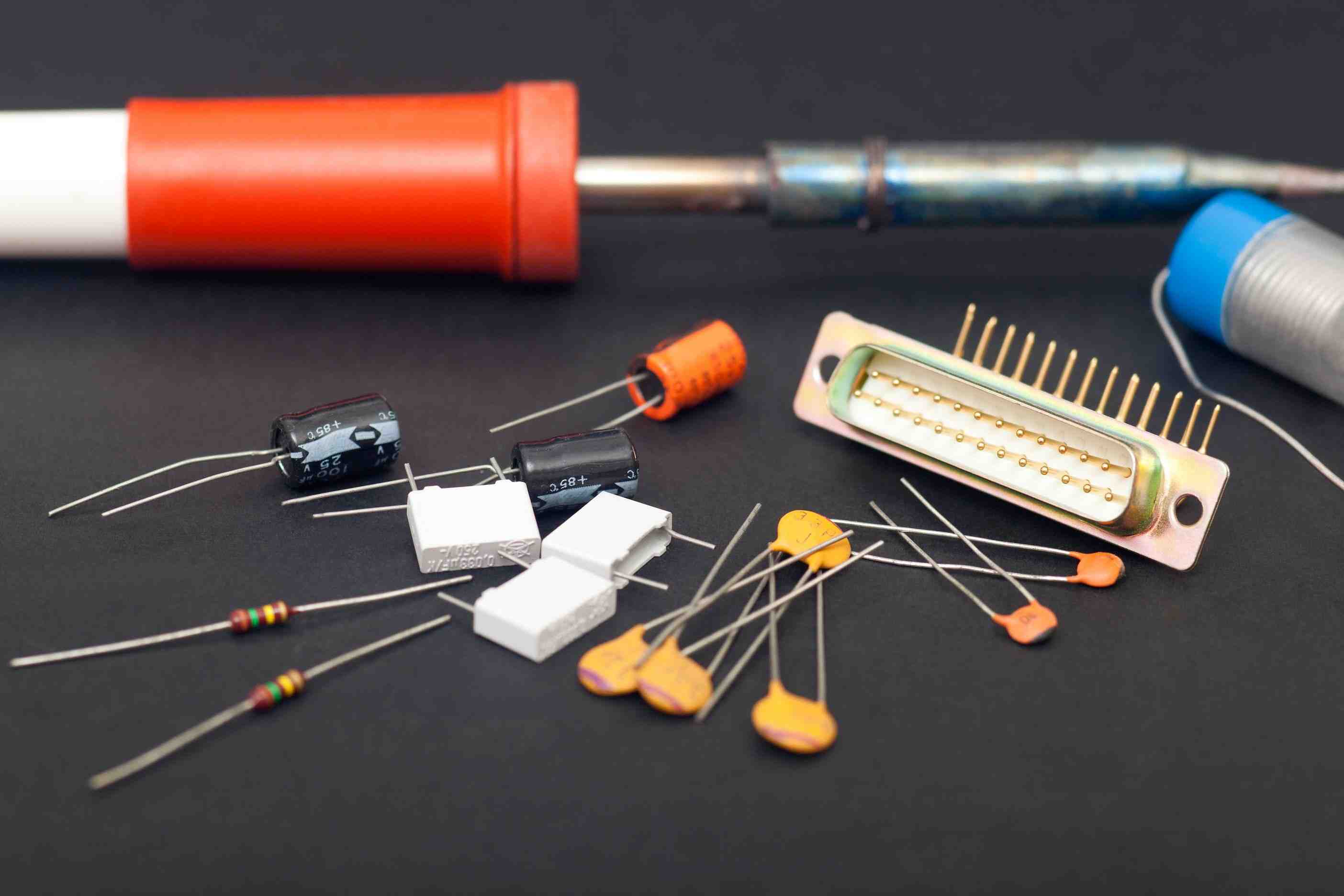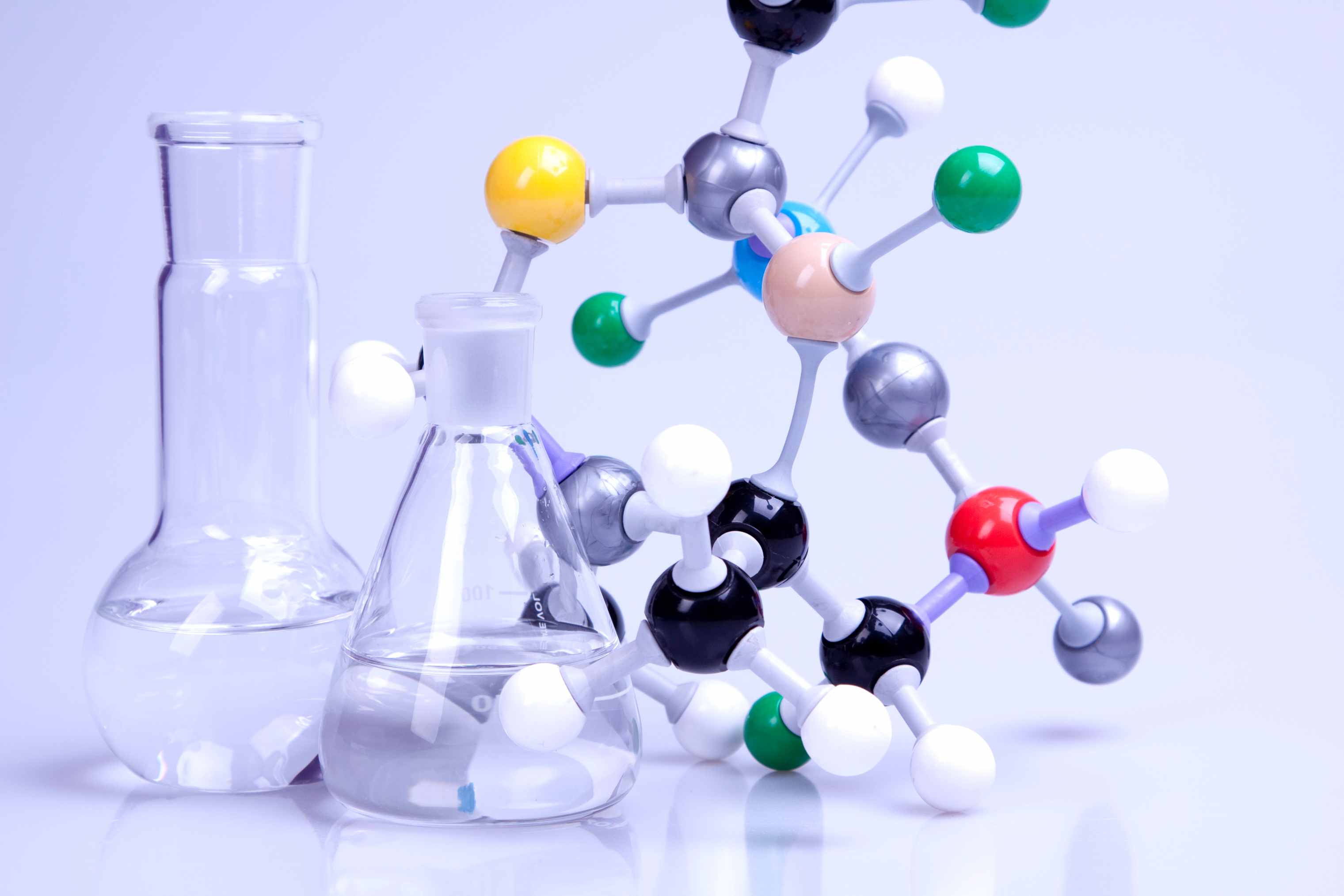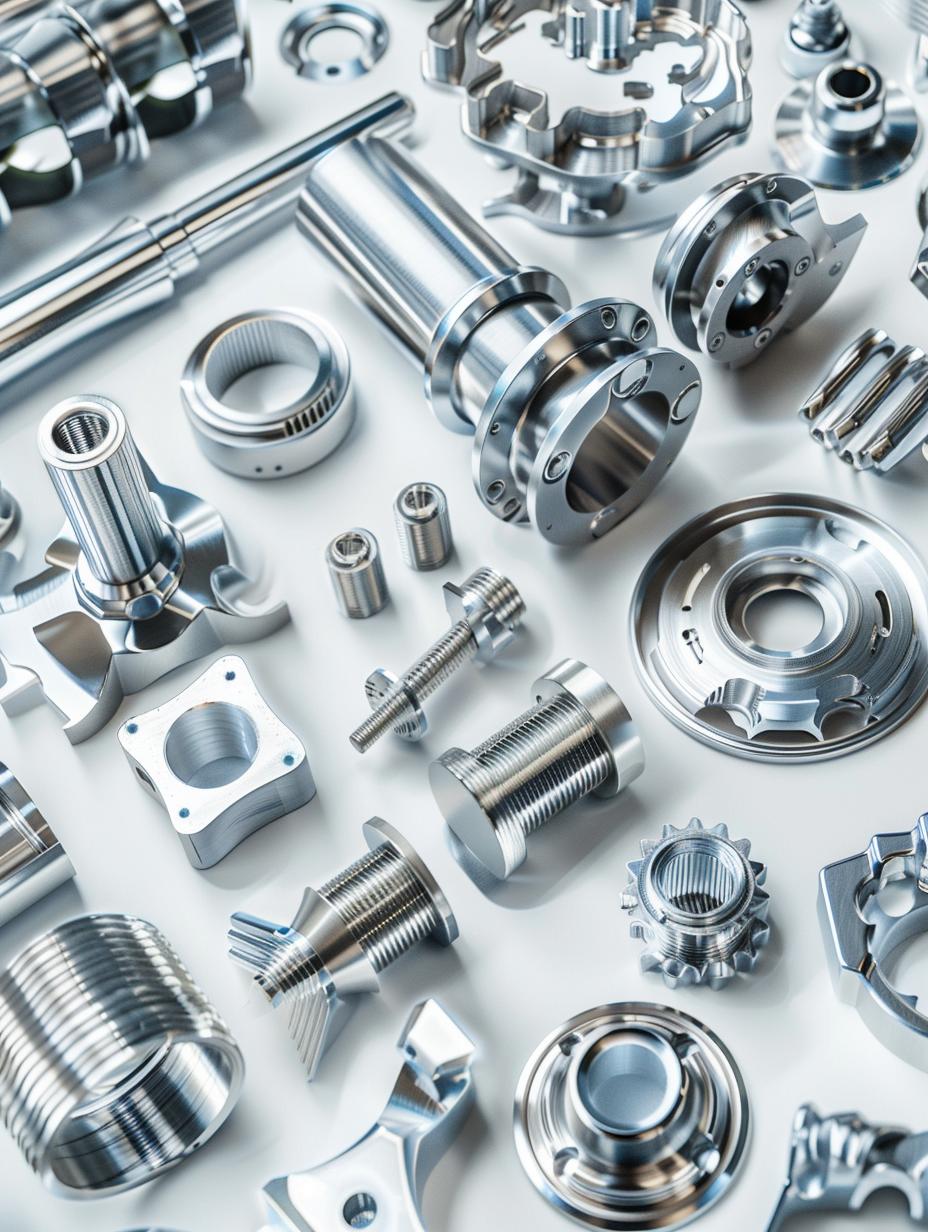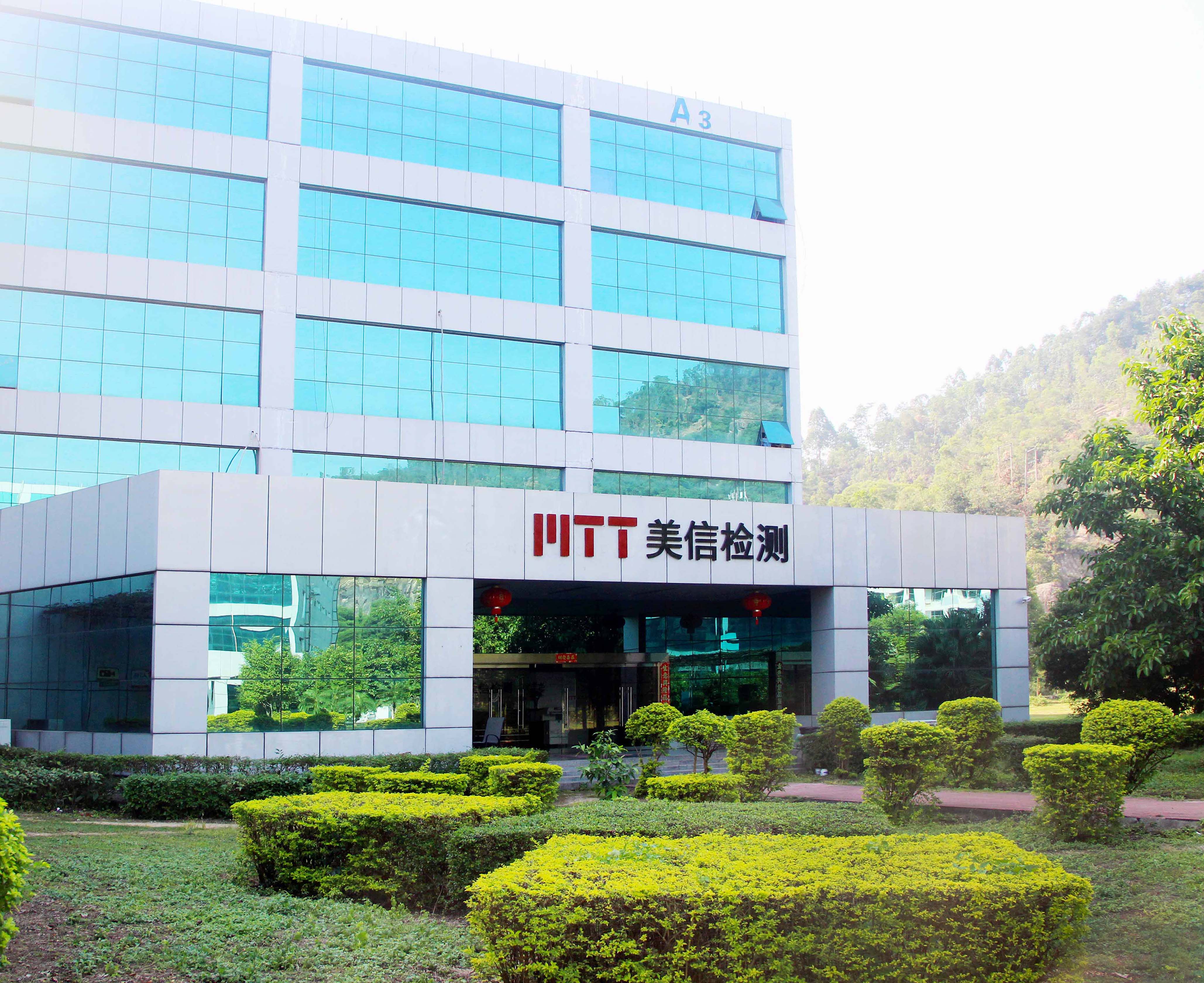




























With the rapid development of technology and the continuous progress of industry, materials are being used more and more widely in various fields. In particular, the importance of high-thermal-conductivity materials in areas such as electronic heat dissipation, aerospace, and new energy is becoming increasingly prominent.

| Project Background
With the rapid development of technology and the continuous progress of industry, materials are being used more and more widely in various fields. In particular, the importance of high-thermal-conductivity materials in areas such as electronic heat dissipation, aerospace, and new energy is becoming increasingly prominent. Thermal conductivity and specific heat capacity, as key indicators of the thermophysical properties of materials, directly affect the thermal management effect and stability of materials in practical applications. Therefore, accurately and efficiently measuring the thermal conductivity and specific heat capacity of materials is of great significance for optimizing material design and improving product performance.
| Project Overview
The thermal conductivity and specific heat capacity testing project is a research plan for comprehensively evaluating the thermophysical properties of materials. The project uses advanced testing technologies such as the laser flash method (LFA) and differential scanning calorimetry (DSC), combined with high-precision testing equipment and professional data analysis software, to accurately measure the thermal conductivity and specific heat capacity of materials. Through this project, data on the thermal diffusivity, thermal conductivity, and specific heat capacity of materials at different temperatures can be obtained, providing strong support for material research and development, product design, and quality control.
| Test Objective
Accurate measurement: Use advanced testing technologies to accurately measure the thermal conductivity and specific heat capacity of materials, providing accurate data for material performance evaluation.
Performance optimization: By analyzing the test results, reveal the relationship between the thermophysical properties of materials and their composition and structure, providing a scientific basis for material design and optimization.
Quality control: Establish testing standards and methods for the thermophysical properties of materials, providing a reliable means for quality control in the material production and application processes.
Application promotion: Promote the application of thermal conductivity and specific heat capacity testing technologies in various fields, and promote the development of materials science and engineering technology.
| Testing Standards
Thermal conductivity test: The laser flash method (LFA) is used for testing in accordance with international standards such as ASTM E1461. This method has the advantages of non-contact, non-destructive, fast measurement speed and high accuracy, and is suitable for the determination of thermal conductivity in a wide range of material fields.
Specific heat capacity test: The differential scanning calorimetry (DSC) method is used for testing in accordance with international standards such as ASTM E1269. The DSC method is currently recognized as the most reliable method for measuring specific heat capacity. It can accurately measure the thermal effect of materials during the heating or cooling process, thereby calculating the specific heat capacity value.
| Service Products / Fields
Metallic materials: Such as copper, aluminum, magnesium alloys, etc., which are used in fields such as electronic heat dissipation and aerospace.
Ceramic materials: Such as alumina, silicon nitride, etc., which are used for thermal management and insulation in high-temperature environments.
Polymer materials: Such as plastics, rubbers, etc., which are used for heat preservation, heat insulation and shock absorption.
Composite materials: Such as carbon fiber composites, metal matrix composites, etc., which are used to improve structural performance and thermal management effects.
New energy materials: Such as lithium battery materials, solar cell materials, etc., which are used to improve energy conversion and storage efficiency.
| Project Advantages
Advanced technology: Advanced testing technologies such as LFA and DSC are used to ensure the accuracy and reliability of test results.
Wide measurement range: Suitable for the measurement of thermal conductivity and specific heat capacity in a wide range of material fields. It has a wide measurement temperature range and can meet the needs of different application scenarios.
Non-destructive measurement: LFA is a non-contact and non-destructive measurement technique, which will not cause damage to the sample and can maintain the integrity of the sample.
Simple sample preparation: It requires a small sample volume and the preparation process is simple, which reduces the testing cost and time.
Professional data analysis: It is equipped with professional data analysis software, which can conduct in-depth processing and analysis of the test data and provide comprehensive test reports.
Comprehensive service: It provides a one-stop service from sample preparation, test execution to data analysis, meeting the diverse testing needs of customers.